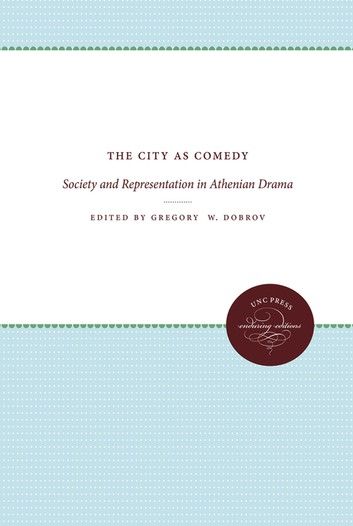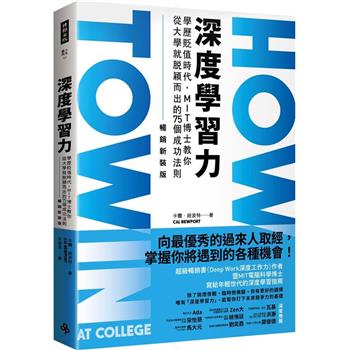| FindBook |
有 1 項符合
The City as Comedy的圖書 |
 |
The City as Comedy 出版社:The University of North Carolina Press 出版日期:2017-10-10 語言:英文 |
| 圖書館借閱 |
| 國家圖書館 | 全國圖書書目資訊網 | 國立公共資訊圖書館 | 電子書服務平台 | MetaCat 跨館整合查詢 |
| 臺北市立圖書館 | 新北市立圖書館 | 基隆市公共圖書館 | 桃園市立圖書館 | 新竹縣公共圖書館 |
| 苗栗縣立圖書館 | 臺中市立圖書館 | 彰化縣公共圖書館 | 南投縣文化局 | 雲林縣公共圖書館 |
| 嘉義縣圖書館 | 臺南市立圖書館 | 高雄市立圖書館 | 屏東縣公共圖書館 | 宜蘭縣公共圖書館 |
| 花蓮縣文化局 | 臺東縣文化處 |
|
|
These thirteen essays combine classical scholars' interest in theatrical production with a growing interdisciplinary inquiry into the urban contexts of literary production. Taking as their departure point the annual comic competitions at the Athenian dramatic festivals, the contributors examine how the polis--as a place, a political entity, a specific social organization, and a set of ideological representations--was enacted on stage from the middle of the fifth century B.C. through the fourth.
Applying a variety of critical approaches to Athenian comedy, these essays are grouped around three broad categories: utopianism, fissures in the social fabric, and the new polis of fourth-century comedy. The contributors explore the sociopolitical and material contexts of the works discussed and trace the genre into the fourth century, when it underwent profound changes. Simultaneously a study of classical Greek literature and an analysis of cultural production, this collection reveals how for two centuries Athens itself was transformed, staged as comedy, and, ultimately, shaped by contemporary material, social, and ideological forces.
The contributors are Elizabeth Bobrick, Gregory Crane, Gregory Dobrov, Malcolm Heath, Jeffrey Henderson, Timothy P. Hofmeister, Thomas K. Hubbard, David Konstan, Heinz-GAnther Nesselrath, Frank Romer, Ralph M. Rosen, Niall W. Slater, and John Wilkins.
A UNC Press Enduring Edition -- UNC Press Enduring Editions use the latest in digital technology to make available again books from our distinguished backlist that were previously out of print. These editions are published unaltered from the original, and are presented in affordable paperback formats, bringing readers both historical and cultural value.
|











